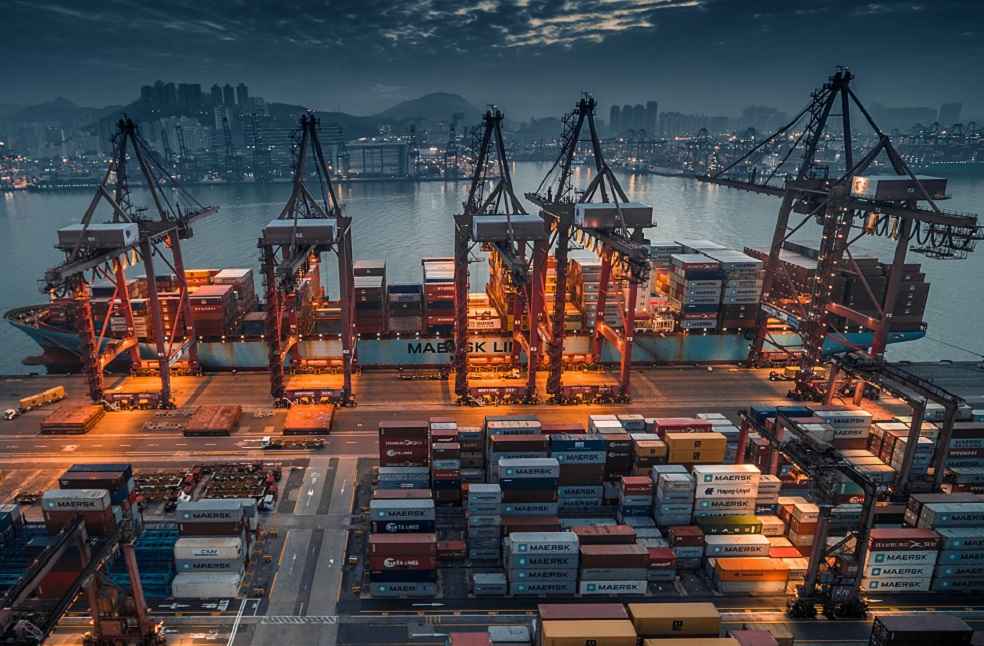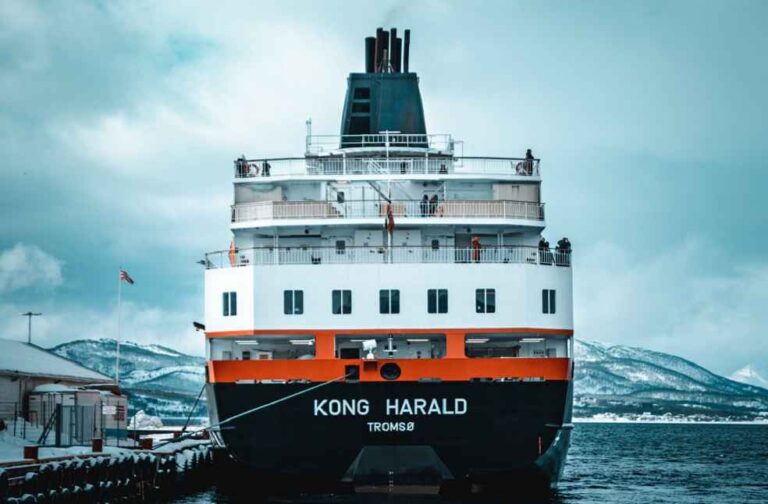Global trade dynamics have undergone a significant shift, as security fears prompt fifty percent of container ships usually traversing the Red Sea and the Suez Canal to alter their paths. Flexport Inc., a key industry observer, reports a marked increase in diversions, with 299 vessels – accounting for 18% of the world’s shipping capacity – changing their courses due to these concerns.
This change, driven by the threat of attacks in the region, not only the logistics of global trade but also the delivery and cost of essential goods. Rerouting around Africa extends travel time by up to 25%, making journeys more expensive. This could lead to higher prices for consumers on a wide range of products, from food and oil to everyday items like sneakers.
In contrast to the trend, Denmark’s Maersk is taking a different approach. The company plans to continue using the Suez Canal for the majority of its Asia-Europe routes, redirecting only a few ships via Africa. This decision aligns with the recent announcement of a US-led military campaign to secure the Red Sea, indicating Maersk’s confidence in enhanced security measures.

However, the situation remains volatile. Recent attacks by the Yemen-based Houthis on ships in the Red Sea, including those without direct ties to Israel, have escalated tensions. In response, some vessels are attempting to demonstrate neutrality, with Bloomberg and TankerTrackers.com reporting that three ships, including an oil tanker and two cargo ships, are navigating the waterway while openly declaring no contact with Israel.
The disruptions are extensive. Over 100 attacks on commercial ships by the Houthis in the past month have significantly disturbed maritime operations. Data from Clarksons Research reveals a 40% drop in arrivals at the Gulf of Aden and a 45% decrease in Suez Canal transits for the period from December 22 to December 26, compared to earlier in the month.
Companies are scrambling to adjust to these changes. Flexport CEO Ryan Petersen notes that the diversions are affecting virtually every rerouted ship, creating logistical challenges and necessitating extra effort to track updated arrival times.
This shift in shipping routes underscores the fragility of global trade networks and highlights the far-reaching implications of regional conflicts and security threats. As the situation evolves, the impact on global commerce and consumer prices will continue to be closely monitored.
DON’T MISS IT | UAE Eyes Global Stage with China Trade



